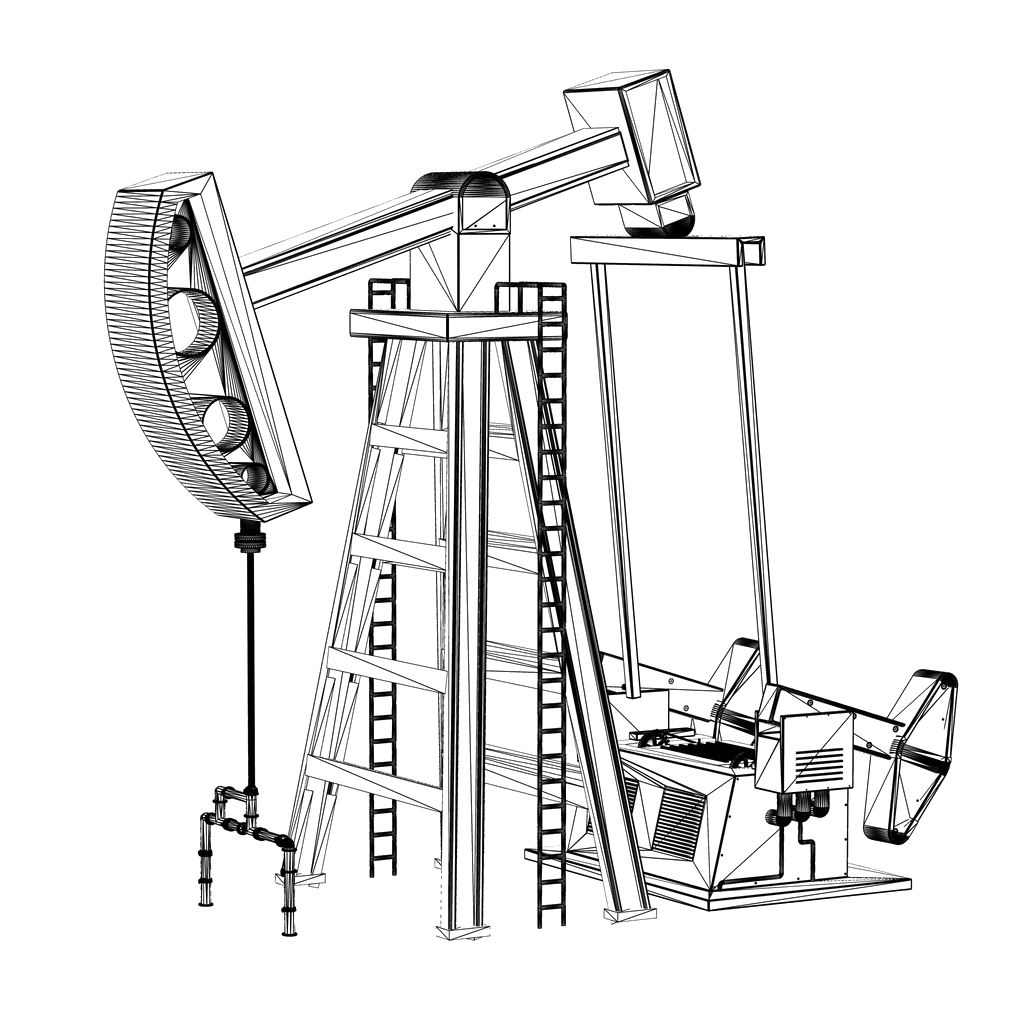The global demand for energy continues to rise, with oil and gas remaining major sources of power generation and fuel for transportation. While these resources play a significant role in driving economies and modern societies, their extraction and production can have profound consequences on the environment. In this article, we delve into the impact of oil and gas operations on land, water, and public health, shedding light on the challenges and responsibilities faced by the industry to safeguard the planet’s well-being.

Impact on Land
Oil and gas extraction necessitates extensive land usage, which often leads to habitat destruction and disruption of ecosystems. Deforestation and clearing of land for drilling sites and infrastructure can lead to loss of biodiversity and threaten the survival of plant and animal species. Additionally, the construction of access roads, pipelines, and other infrastructure can fragment landscapes, further exacerbating these negative effects.
Furthermore, oil spills and leaks during extraction and transportation can result in severe soil contamination, rendering land unsuitable for agriculture and other purposes. Chemicals used in hydraulic fracturing, or fracking, have raised concerns about potential groundwater pollution, posing further risks to soil quality and agriculture.
Impact on Water
The water-intensive nature of oil and gas operations presents a significant challenge to water resources. Large volumes of water are required for drilling and hydraulic fracturing processes, leading to increased stress on local water supplies. In regions already facing water scarcity, this heightened demand can exacerbate the problem, leading to social and economic tensions between the industry and local communities.
Water pollution is another pressing issue associated with oil and gas activities. Spills, leaks, and improper disposal of wastewater can contaminate water sources, affecting both surface and groundwater quality. This pollution not only threatens aquatic life but also poses risks to human health when contaminated water is used for drinking or irrigation.
Impact on Public Health
The consequences of oil and gas operations on public health are multifaceted. Air pollution is a major concern, as emissions from drilling, extraction, transportation, and refining processes release harmful pollutants, including volatile organic compounds (VOCs), nitrogen oxides, and particulate matter. Exposure to these pollutants can lead to respiratory problems, cardiovascular diseases, and other health issues, especially for communities living in close proximity to oil and gas facilities.
Moreover, the potential contamination of drinking water sources can pose severe health risks, with evidence linking exposure to certain chemicals used in fracking to adverse health effects. These health concerns disproportionately affect vulnerable populations, such as children, the elderly, and individuals with pre-existing health conditions.
The environmental impact of oil and gas operations on land, water, and public health cannot be understated. The industry faces a critical responsibility to adopt sustainable practices, minimize ecological damage, and prioritize public safety. Increased awareness and public scrutiny have prompted efforts to develop cleaner technologies and improve regulations governing the industry’s activities.
While energy demands are essential to global progress, it is crucial for governments, industries, and communities to work collaboratively in promoting responsible and sustainable practices. Only through concerted efforts and a commitment to safeguarding the environment can we strike a balance between energy needs and the protection of the planet for future generations.




